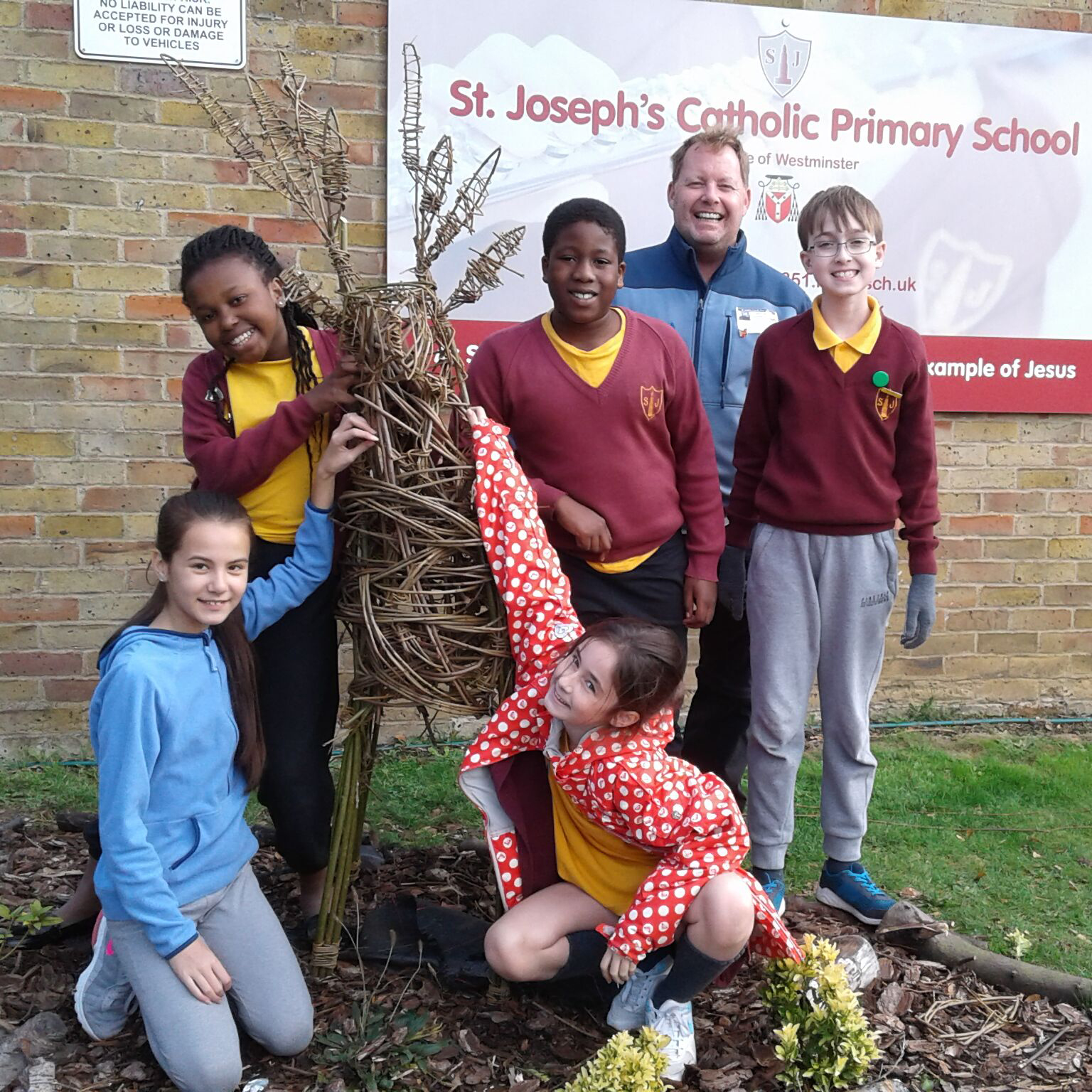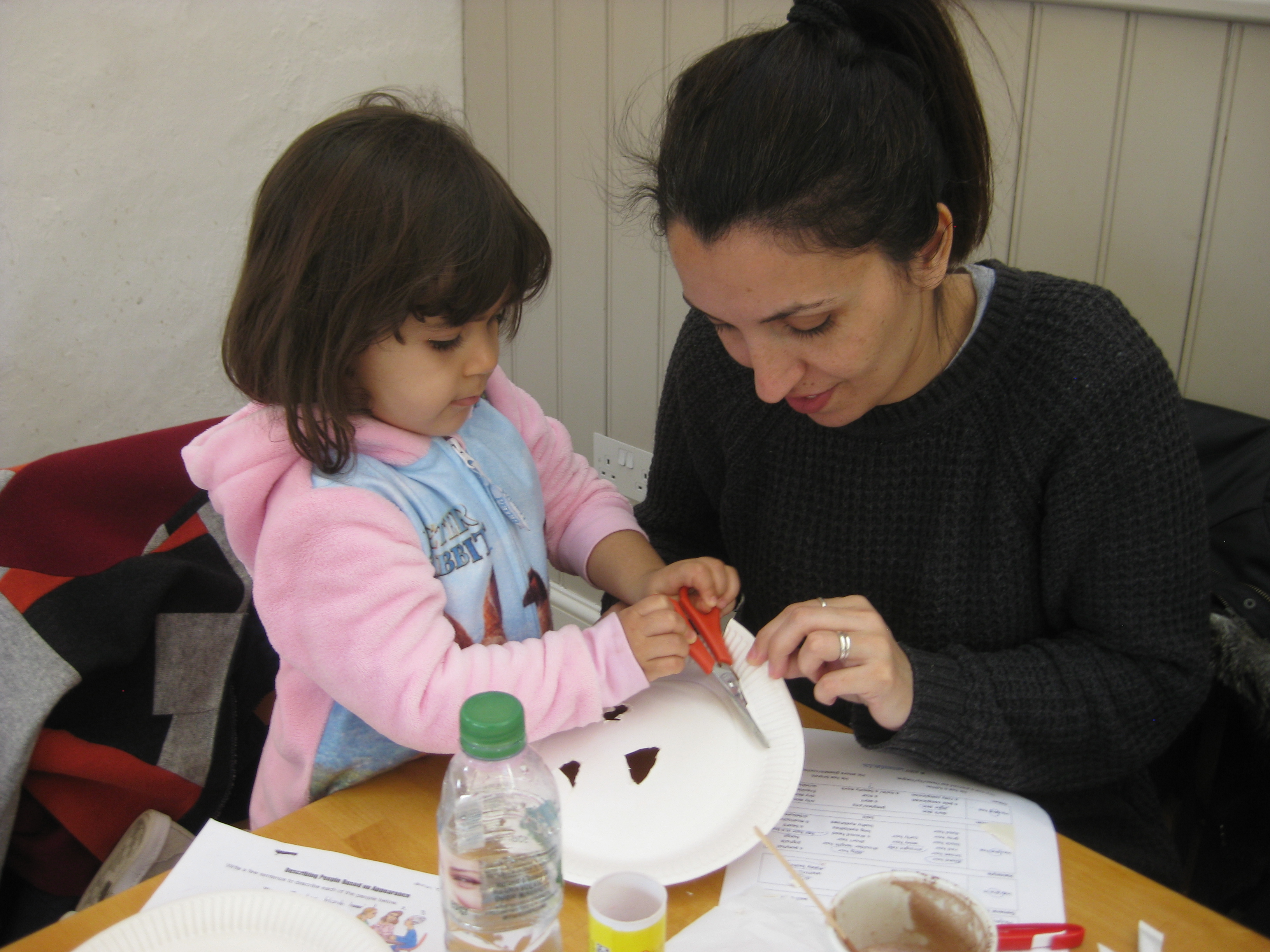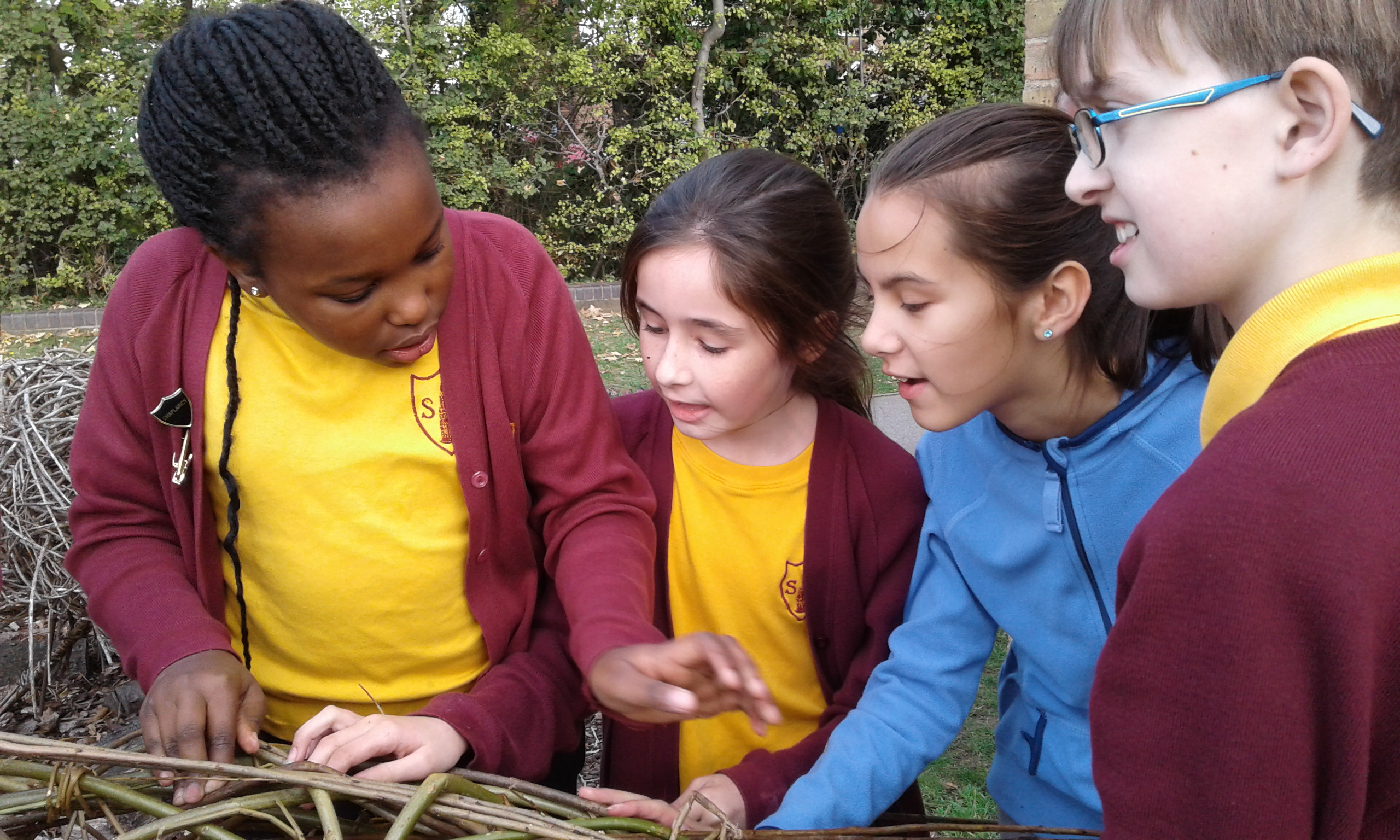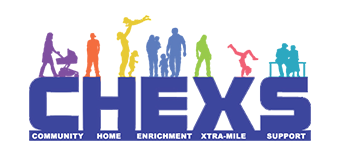PAGE LINKS
USEFUL LINKS
SIGN UP TO OUR NEWSLETTER
DONATE TO CHEXS!
LIVING WAGE EMPLOYER

Children complete evaluation themselves. We used to do this via before-and-after surveys, but found children need time to gain the confidence to admit there’s a problem.
We now use post-support reflection:
| Primary | Secondary | Overall | |
| Said their self-esteem had increased | 94% | 84% | 90% |
| Had better problem-solving skills | 90% | 92% | 91% |
| Were better at communicating | 88% | 91% | 89% |
| Developed leadership skills | 94% | 93% | 94% |
| Had increased aspirations | 83% | 76% | 90% |
We use quantitative and qualitative evaluation. Most recently, a representative sample of 40 parents supported during the year, completed an in-depth questionnaire developed by an external evaluator
| Said we helped them communicate more effectively with their child(ren) | 100% |
| Said they coped better with their child(ren) behaviour | 100% |
| Said we helped them inprove their parenting skills | 97% |
| Said they hadd better relationships with their child(ren) | 95% |
| Said they were more confident in supporting their child(ren)’s learning | 96% |
| Said we had helped them access other support they needed. | 78% |


“You’ve given me support to become a better parent and helped me learn new strategies to deal with my children’s behaviour. I feel more relaxed and more confident than I’ve ever done!”
In terms of the impact on children:
| Said their child’s behaviour at home improved | 94% |
| Said their child(ren)’s confidence, wellbeing and communications skills improved | 89% |
| Said their child(ren)’s school performance improved | 87% |
| Said their child(ren)’s behaviour at school improved | 81% |
| Said their child(ren) had increased aspirations | 90% |
PAGE LINKS
USEFUL LINKS
SIGN UP TO OUR NEWSLETTER
| Cookie | Duration | Description |
|---|---|---|
| cookielawinfo-checkbox-analytics | 11 months | This cookie is set by GDPR Cookie Consent plugin. The cookie is used to store the user consent for the cookies in the category "Analytics". |
| cookielawinfo-checkbox-functional | 11 months | The cookie is set by GDPR cookie consent to record the user consent for the cookies in the category "Functional". |
| cookielawinfo-checkbox-necessary | 11 months | This cookie is set by GDPR Cookie Consent plugin. The cookies is used to store the user consent for the cookies in the category "Necessary". |
| cookielawinfo-checkbox-others | 11 months | This cookie is set by GDPR Cookie Consent plugin. The cookie is used to store the user consent for the cookies in the category "Other. |
| cookielawinfo-checkbox-performance | 11 months | This cookie is set by GDPR Cookie Consent plugin. The cookie is used to store the user consent for the cookies in the category "Performance". |
| viewed_cookie_policy | 11 months | The cookie is set by the GDPR Cookie Consent plugin and is used to store whether or not user has consented to the use of cookies. It does not store any personal data. |
